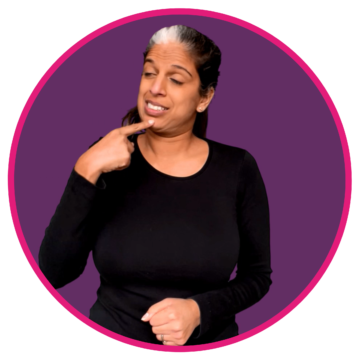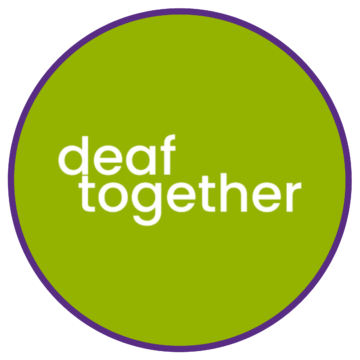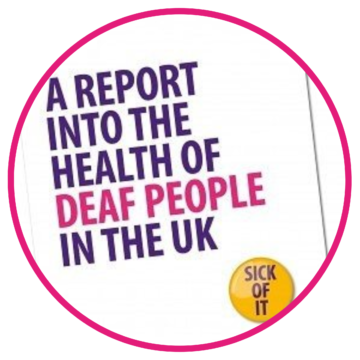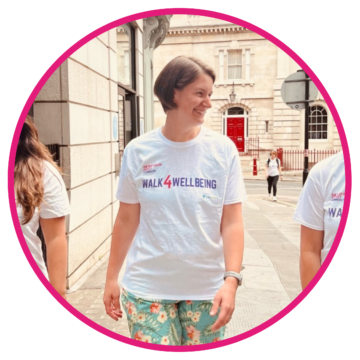Most of us will spend time thinking about what we eat. Sometimes we may try to eat more healthily, have cravings, eat too much or lose our appetite. We may find it hard to eat if we’re feeling stressed, or eat comfort food if we feel unhappy. Changing your eating habits every now and again like this is normal, and doesn’t need to worry you.
It’s important to understand that eating problems aren’t just about food. They can link to difficult experiences in your life, which you may be finding hard to express or resolve. Focusing on food can be a way of disguising these problems, even from yourself.
An eating problem is any kind of relationship with food that you are finding difficult, or which is affecting your health.
A doctor will look at your eating patterns to make a diagnosis. They may also measure your weight or body mass index (BMI), or take blood tests.
There are around 1.6 million people in the UK affected by an eating disorder. Eating problems can affect anyone, of any background.
The most common types of eating disorders are bulimia nervosa, anorexia nervosa, binge eating disorder and eating disorder not otherwise specified (EDNOS).
Anorexia and bulimia are more common in younger women, but men and older people can have eating problems too. These videos were made by SignHealth with help and information provided by the charity Mind. For more information or advice on eating disorders, please visit Mind. SimplyHealth





